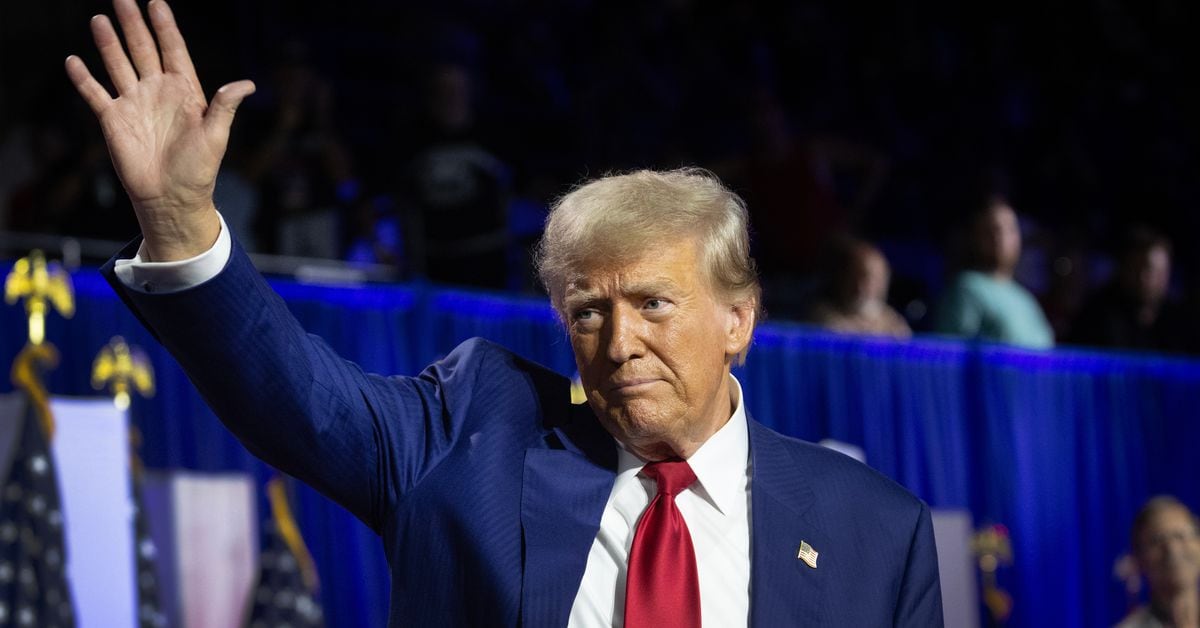The U.S. job market’s recent display of vitality, marked by a surprising surge in employment figures for January, hasn’t caused so much as a flutter in the steadfast resolve of the Federal Reserve. Despite the labor market’s apparent exuberance, with job creation numbers almost doing a double-take worthy performance, the central bank’s decision-makers remain unswayed in their plans to adjust borrowing costs. It seems, in the grand scheme of things, the U.S. job market’s spirited dance isn’t enough to change the music the Federal Reserve is playing.
Cleveland’s Federal Reserve President Loretta Mester, a key figure in the circle that decides on interest rates, has been vocal about the labor market showing signs of cooling off. Despite January’s job report displaying what many would call a labor market in full bloom, Mester and her cohorts see signs of impending moderation.
The conversation around wage growth slowing down, job growth taking a leisurely pace, and a slight uptick in unemployment rates over the year has become louder. This narrative, however, doesn’t spell immediate action but suggests a gradual adjustment in the federal funds target rate, anticipated to lower from its 23-year peak in the coming year.
The Path to Fed’s Rate Adjustments
The dialogue within the Federal Reserve isn’t just about when to reduce rates but also about ensuring that inflation nudges back to its cozy 2% target without rushing into rate reductions. Amidst this cautious approach, the January jobs data, with its jaw-dropping 353,000 new positions, has been seen more as a blip than a beacon. The Fed’s hawkish faction, represented by voices like Fed Governor Michelle Bowman, interprets this robustness as a potential stumbling block to reining in service sector inflation.
Yet, it’s not all furrowed brows and worried glances at the Fed. The acknowledgment that hiring has become less of a Herculean task compared to a year ago, coupled with a decrease in job-switching enthusiasm among workers, paints a picture of a labor market that’s returning to a semblance of normalcy. This normalcy, however, is balanced on a tightrope, with the Federal Reserve keen on a soft landing that aligns inflation with its target without derailing the job market’s health.
Navigating Economic Signals
As the Fed plots its course through the economic signals of the day, the focus remains sharply on managing inflation without prematurely dampening the cost of borrowing. The labor market’s resilience, especially in the face of global uncertainties and domestic financial conditions, provides a backdrop for a measured approach to policy adjustments. The Federal Reserve’s strategy, as echoed by Mester and her peers, is to steer the economy towards stability, emphasizing risk management and the dual mandate of price stability alongside maximum employment.
Despite the vibrancy of recent job numbers and the ensuing debates about the health of the labor market, the Federal Reserve’s stance is a testament to its long view on economic stewardship. The anticipation of rate cuts, while on the horizon, is tethered closely to evidence of sustained inflation moderation and a balanced approach to employment growth. The conversation within the Fed, enriched by differing perspectives and cautious optimism, reflects a commitment to navigating the U.S. economy through its current complexities towards a steadier state.





